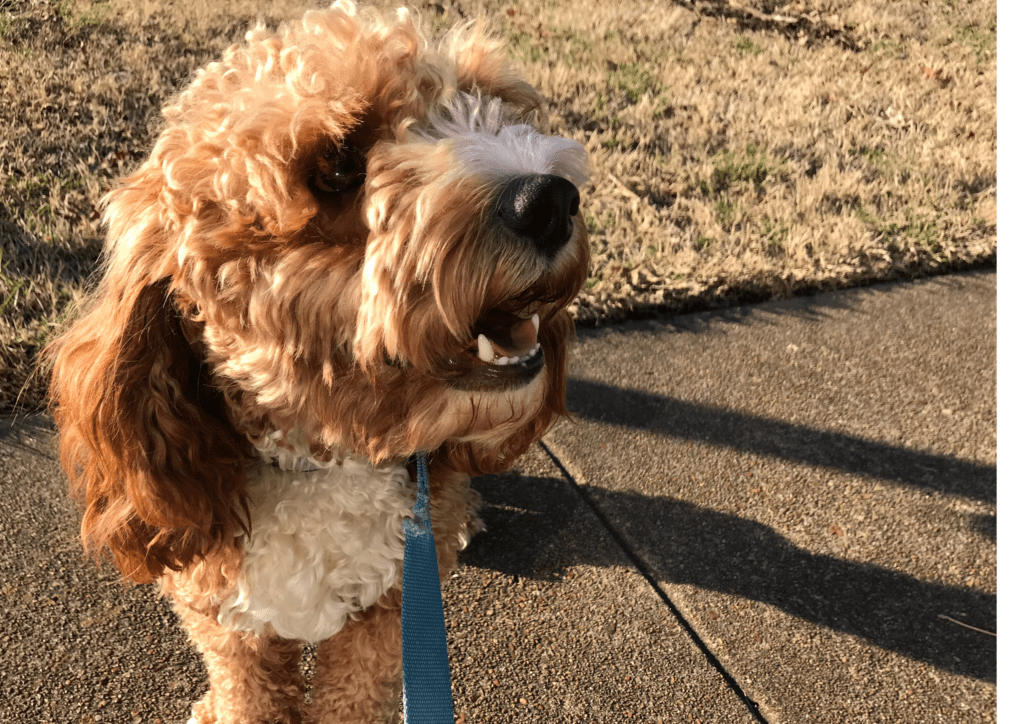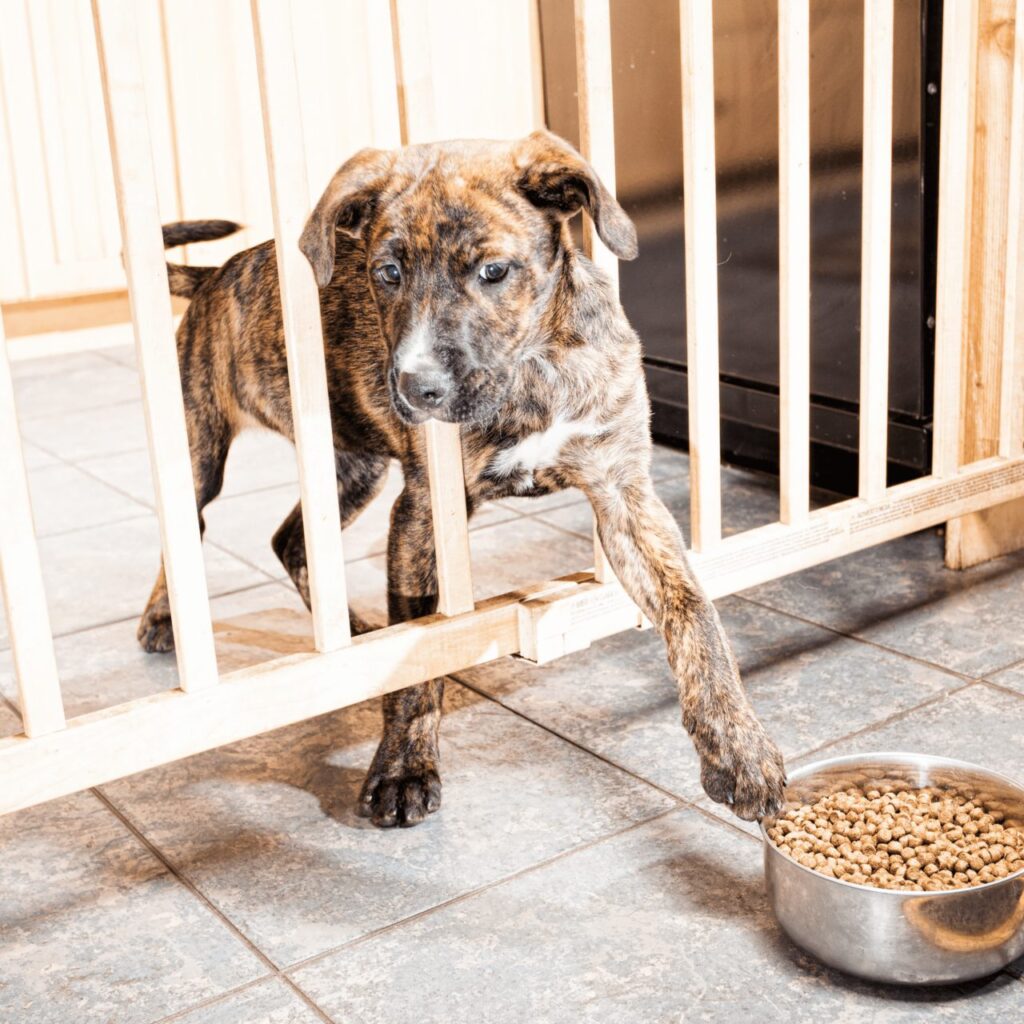
FREE Help I've Got A New Puppy Survival Guide
Sign up to our mailing list and we will give you all you need to know on making your first 7 days count. Includes sleep, feeding, toilet training, chewing and much more!
Recent posts
Blog categories
Search the blog
Preventing Aggression in Dogs : is it possible?
Posted on 21st June 2023

Aggression from dogs towards humans is on the increase. Since the pandemic, its the most common problem I see with my behaviour cases (used to be reactive dogs). Recent events in South Wales have shown an increase of dog attacks on children and adults alike. Rescue centres are over-run with dogs displaying aggression towards people.
The question should not be what can we do now, but rather, how can we prevent this from happening in the first place? And it seems to us trainers and behaviourists that we have been banging on about it for years but for some reason, the message does not reach the people who need to hear it.
Dog ownership requires a level of responsibility.
These are the things at minimum you should do before bringing a dog into your family:
1. Know the breed of dog that you are buying
Please research what your dog is bred for. Yes, I know we can't label all breeds as aggressive, but there will be a genetic tendency. There are genetic components to resource guarding, stranger danger and protecting of territory. If you buy a large, powerful breed, then learn what to look for in a breeder, health checks to cover and please train your puppy.
Whatever the breed, if you visit and the dad is "a bit funny with strangers" or mum is "a bit wary of people picking up her puppies", please walk away. Fear gets passed down genetically. It's hard to undo.
2. Know your dog breeder
What the breeder does with the puppies is essential for problem prevention. Raising a litter is a full time job. Introducing them to new items, surfaces, sounds, handling and dogs. Active training against guarding behaviours, enrichment, getting them used to leads and collars, isolation training, toilet training and basic training such as recall, name responses and follow me are all the job of the breeder.
Puppies can learn to use aggression to keep hold of valuable items very early on. Active training against this is not just a nice thing to do, it is imperative.
3. Think puppy socialisation not traumatisation
Socialisation is about meeting the world at a pace your puppy can cope with. If you are trying to get your puppy used to traffic by walking along the dual carriageway, you are traumatising them, not socialising them.
If you are trying to socialising your puppy to people by taking them on the school run and letting 30 kids pick them up and squeeze it, your are traumatising it, not socialising it.
Puppies do not possess the behavioural maturity to use aggression. This will emerge later in response to fearful experiences.
Be very careful about using punishment with a puppy - smacking noses, yanking leads or collars, shouting loudly. Once this happens, trust erodes and it's very hard to get it back once aggression emerges.
4. Train, train, train your puppy
Please take your puppy to training with an experienced trainer, preferably one with behavioural knowledge.
Do your homework in between classes, all of it. Contact your trainer at the slightest hint of aggression. They will be able to help.
Train the people around you. The kids, your well meaning relatives and your friends. Train them to read dog body language and respect your puppy when they say no or ask for space.
If you haven't got the time to put into training in the first year of dog ownership, please wait. Don't get a dog now. Wait until you have time. Wait until you have a different environment.
We are in unprecedented times when it comes to aggression in dogs.
Those of us in the profession are inundated. We want to help. But we really don't want to be overwhelmed with these types of cases.
We would rather focus on prevention than cure.
Help to make us behaviourists redundant.
Please Share this blog with anyone you know who is thinking about getting a dog.
Email: clair@talktothepaw.io | Mobile: 07969 036789 | Privacy Policy



